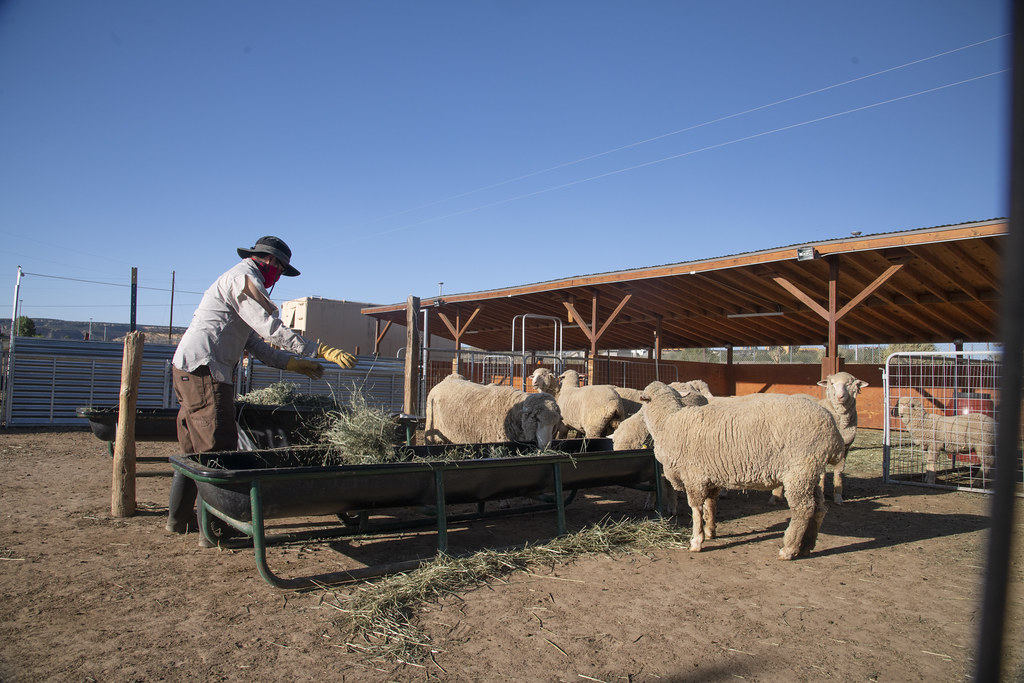
Veterinary medicine is a challenging field that demands a deep understanding of animal health care. Whether you’re considering a career in vet medicine or already practicing in the field, it’s crucial to understand how veterinary training programs differ for students and professionals.
These differences can significantly impact your education and career trajectory. Here, we will review the distinctions between vet programs for students and professionals.
We will deeply analyze what students and experienced veterinarians can expect from vet tech programs tailored to their specific needs.
Curriculum and Educational Goals
The curriculum in veterinary training programs varies significantly depending on whether you are a student or a professional. At veterinary colleges, students undergo comprehensive veterinary educational programs that cover a broad range of topics, including:
- Anatomy
- Physiology
- Pharmacology
- Surgery
- And more
It’s important to note that specific vet tech programs are different from vet nurse or veterinary practice manager programs. Overall, the primary goal of these programs is to provide a solid foundation of knowledge and skills necessary to practice veterinary medicine in a better way.
On the other hand, the curriculum for professionals is more focused and tailored to their specific needs.
They often seek continuing education to:
- Stay updated on the latest advancements in the field
- Refine their expertise
- Specialize in a particular area
Their programs allow them to deepen their knowledge and hone their skills in their chosen specialization.
Practical Experience
Hands-on experience is a vital component of veterinary training, but the type and extent of practical exposure differ between students and professionals.
Veterinary students typically spend a significant portion of their training in clinical rotations, gaining exposure to a variety of cases and species.
These rotations are essential for developing their:
- Clinical skills
- Decision-making abilities
On the contrary, professionals already have a foundation of practical experience from their initial training.
Their continuing education may include:
- Specialized workshops
- Conferences and seminars
- Internships related to their field of interest
The practical experience for professionals is often more specialized and designed to enhance their expertise in specific areas of veterinary medicine.
Licensing and Certification
One of the most critical distinctions between veterinary training programs for students and professionals is the process of obtaining licensing or certification.
To become licensed practitioners, veterinary students must pass the North American Veterinary Licensing Examination (NAVLE) or an equivalent exam. However, veterinary professionals are already licensed practitioners.
They may pursue additional certifications in specialized fields, such as:
- Surgery
- Dentistry
- Internal medicine
These certifications require professionals to demonstrate their expertise through further training and examinations.
Research Opportunities
Veterinary research is integral to advancing the field and improving animal health. While both students and professionals have opportunities to engage in research, the focus and extent differ.
Veterinary students often have the chance to participate in research projects as part of their academic programs. This can provide them with valuable research experience.
Professionals, especially those pursuing advanced degrees (e.g., Master of Science or Ph.D.), have more extensive opportunities for research involvement.
They may conduct research to:
- Address specific clinical or scientific questions
- Contribute to scientific journals
- Collaborate with universities and research institutions
Continuing Education Requirements
Continuing education is a lifelong commitment for veterinary professionals. Most licensing boards require veterinarians to complete a specified number of CE credits to maintain their licenses.
These requirements ensure that professionals:
- Stay current with the latest developments in veterinary medicine
- Provide the best care to their patients
Students, on the other hand, do not have continuing education requirements while in their formal veterinary education. However, once they become licensed practitioners, they must adhere to these requirements.
Specialization and Advanced Veterinary Training Programs
After completing their initial veterinary educational programs, some professionals choose to pursue specialized training.
Primarily, they aim to become board-certified specialists in fields like:
- Surgery
- Cardiology
- Dermatology
- Or any other discipline
These specialized programs are designed to provide in-depth knowledge and hands-on experience in a particular area of veterinary medicine.
They often involve:
- A multi-year residency
- Research
- Passing a rigorous examination
In this regard, students have the opportunity to explore various areas of veterinary medicine during their general education. If they decide to specialize later in their careers, they can pursue advanced certification and veterinary training programs tailored to their favorite field.
Networking Opportunities
Networking is essential in any profession, and veterinary medicine is no exception. Students have the opportunity to build their professional networks during their education through interactions with classmates, faculty, and clinical mentors.
These connections can be valuable for future job opportunities and collaborations. Professionals, especially those involved in continuing education, have numerous opportunities to expand their networks.
They often get together at:
- Conferences
- Workshops
- Seminars
These events provide a platform to connect with experts in the field, share experiences, and stay updated on industry trends.
To Conclude!
Whether you’re a student embarking on your educational journey or a seasoned professional, the world of veterinary medicine offers you diverse and rewarding paths for growth and success.
However, veterinary training programs for students and professionals differ significantly in terms of various factors. Understanding these distinctions is crucial to advance knowledge and skills in the field. `
There are many online veterinary educational platforms that offer free webinars to help both vet students and professionals improve their skills and knowledge.
Vet and Tech is an emerging education hub with dynamic veterinary resources online. Their free CE webinars are instructed by top minds in the field.


